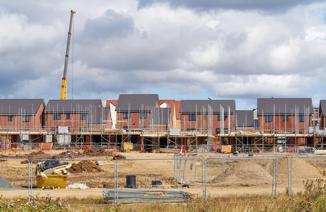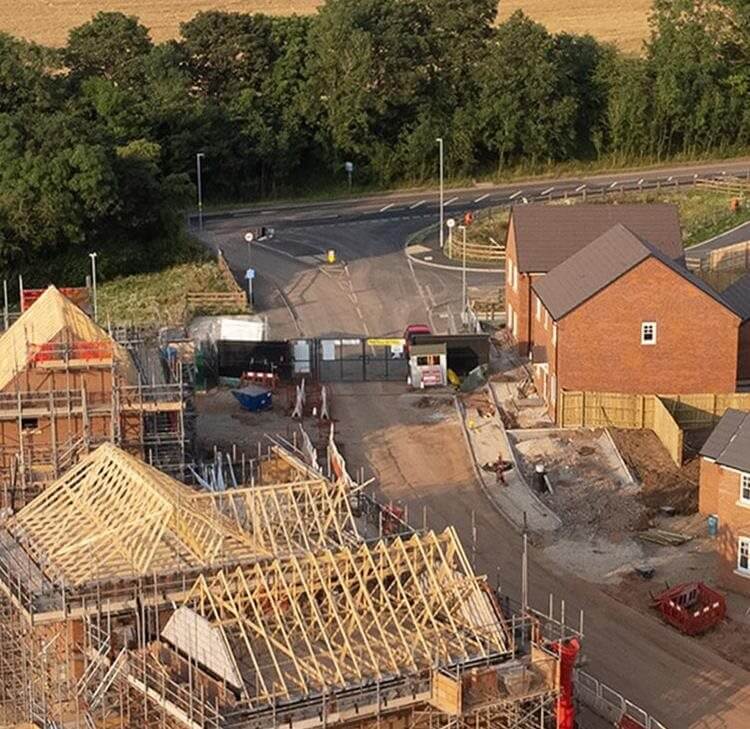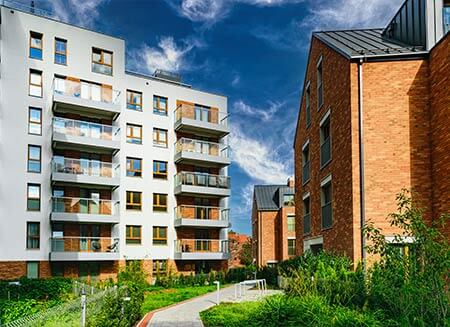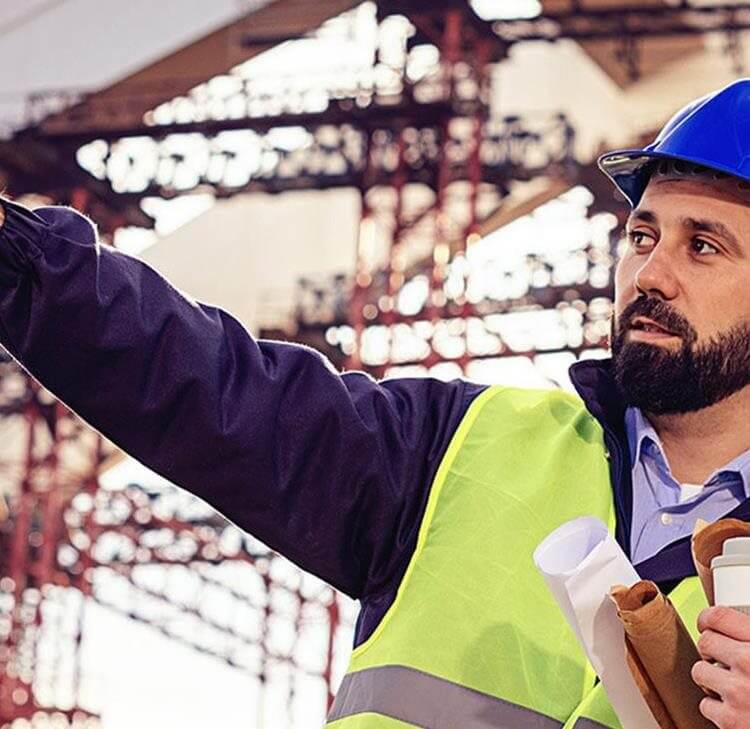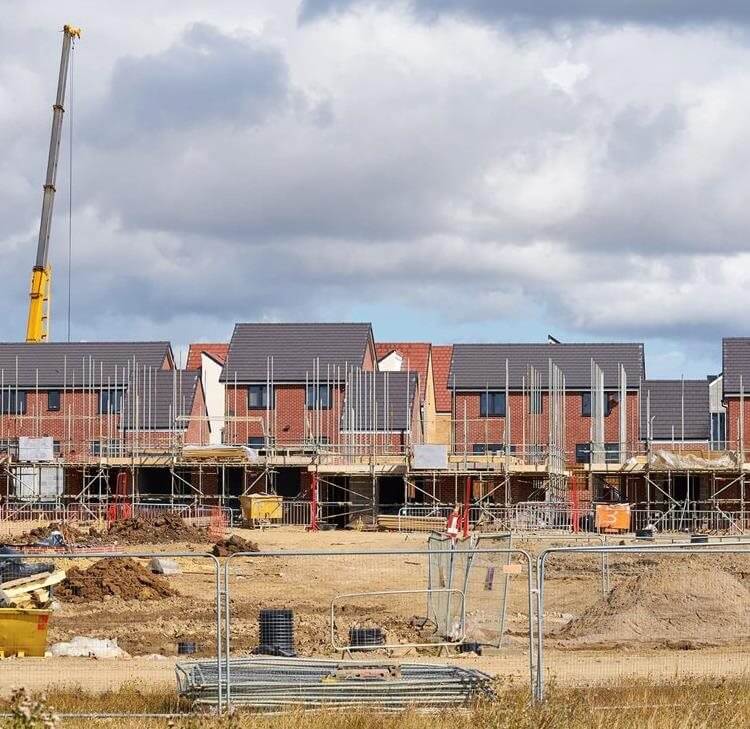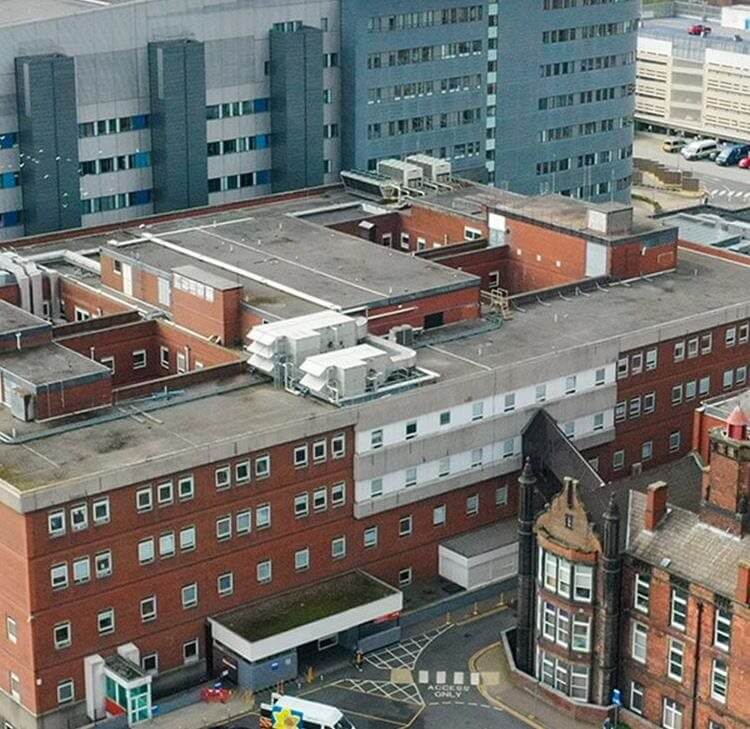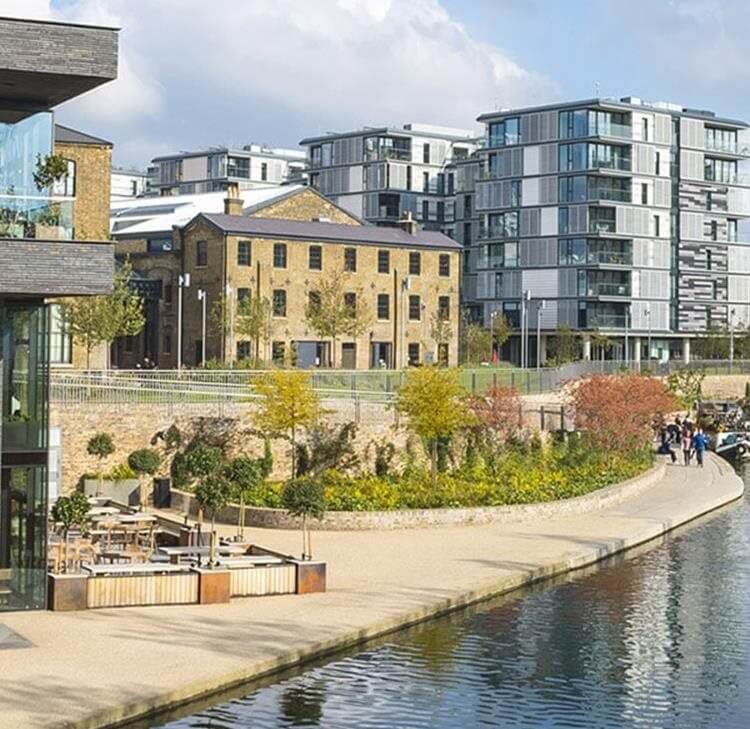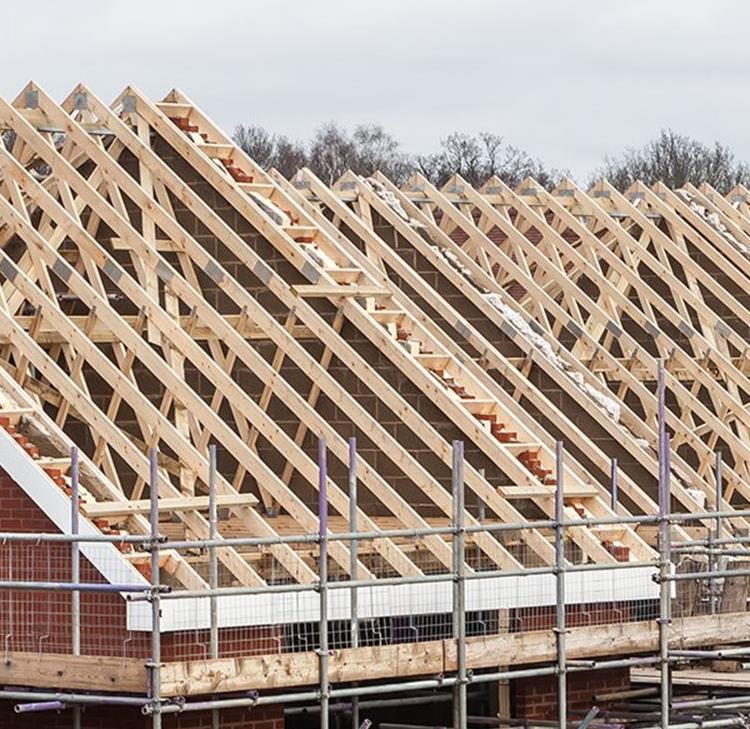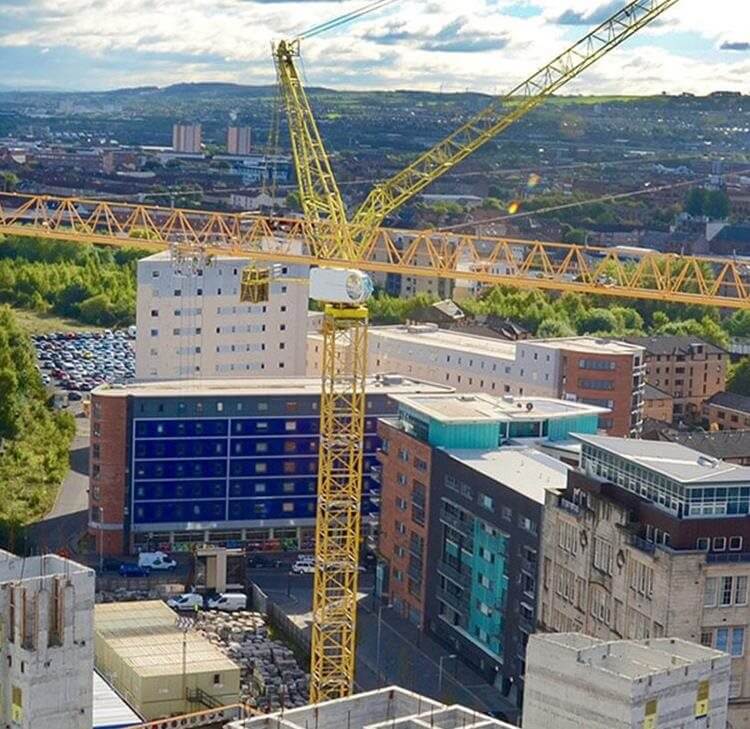
Regeneration
We act for developers and public bodies on many and varied regeneration schemes around the UK including housing regeneration projects, town centre redevelopment schemes, and investment in infrastructure. Our multi-disciplinary team draws on expertise in property, commercial, procurement, construction and public law (including state aid). We keep up to date with developments in the sector and regularly host or participate in discussion forums.
We appreciate the challenges facing local authorities in particular, as well as the opportunities rapidly emerging for them to act as enablers and developers in their own right. We regularly give advice on procurement options and the setting up of wholly owned delivery vehicles, as well as funding arrangements.
What we do
- Our clients - long-standing working relationship with our clients including housing associations, local authorities, developers, the HCA, and funders.
- Our experience – we are currently acting on major housing schemes, a city-scale district heating project, and new transport hub, and on private rented sector delivery vehicles.
- Specialist advice across the firm - including planning and CPO, environmental, construction, corporate and commercial, banking, procurement and state aid, corporate and commercial.
- National coverage – from our offices in Birmingham, Exeter, London, Manchester and Nottingham.
"The team has been proactive throughout the project [...] involved significant legal interpretation of draft Development Agreements and wider practical advice in respect of town regeneration developments."
Featured experience
District heating scheme
Supporting a major, city scale, district heating scheme to cover the Lee Valley regeneration area. A key development for London, the scheme aims to become the first city-scale heat network in London, providing heating and hot water to thousands of homes & businesses in the Lee Valley .
Ealing Council
Advising Ealing Council on the Development Agreement between Ealing Council and Affinity Sutton, under which around 280 new homes for rent and home ownership will be provided. The scheme will create a sustainable neighbourhood with new affordable and private homes. We advised on development agreement and key project specific issues, including phasing and viability test thresholds.
Local housing association
Acting for a local housing association on its dealings with a London council in relation to the provision of affordable housing. This project is an example of our work with housing associations and the emerging breadth of solutions being developed to address the housing shortages.
Major transport development
Acting for a local authority on a major transport development around the existing railway and bus station. Our role involves advising on and negotiating agreements with all the key parties, providing procurement and state aid advice alongside the support being given from our property and construction specialists.
Key contacts

Alex Kynoch
Partner

Barry Sully
Partner

Dominic Swift
Partner

Laura Hughes
Partner

Nick Hurley
Partner

Paul Ray
Partner

Peter Ware
Partner

Stephen Matthew
Consultant









